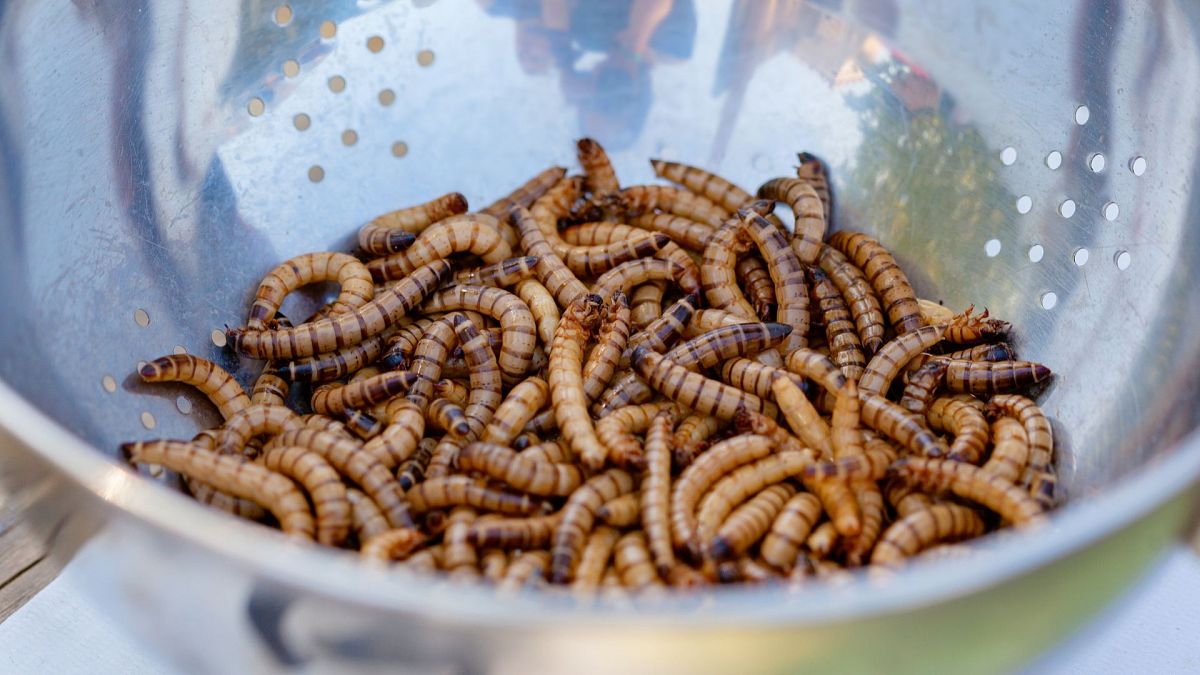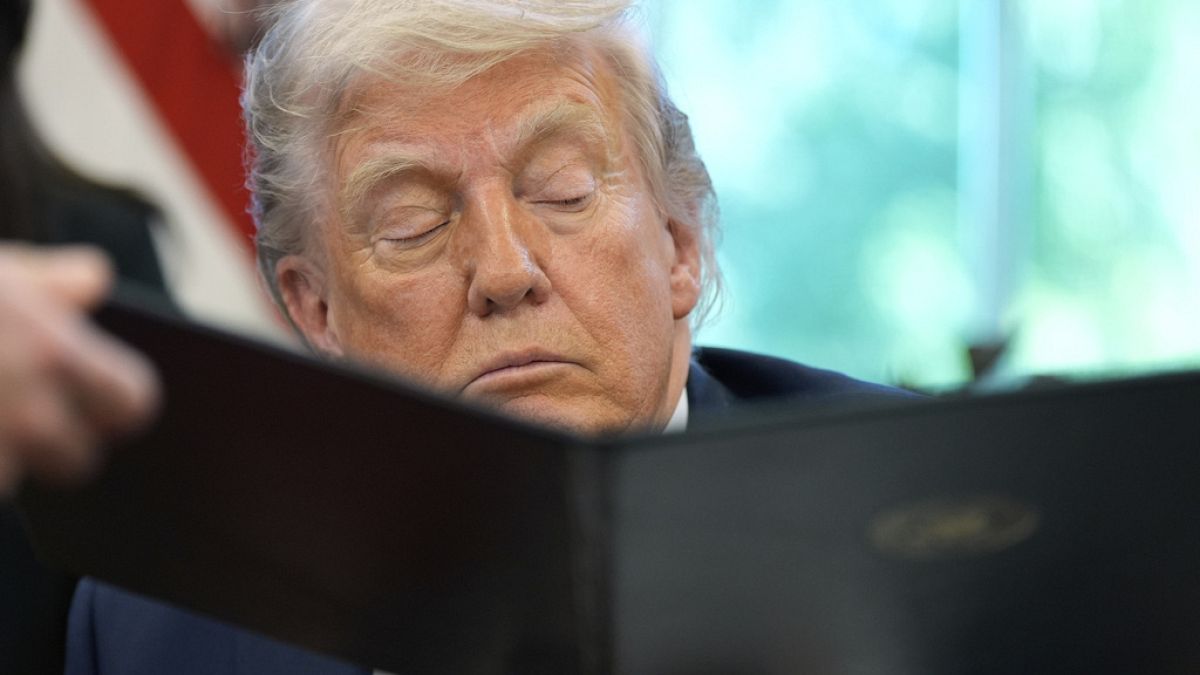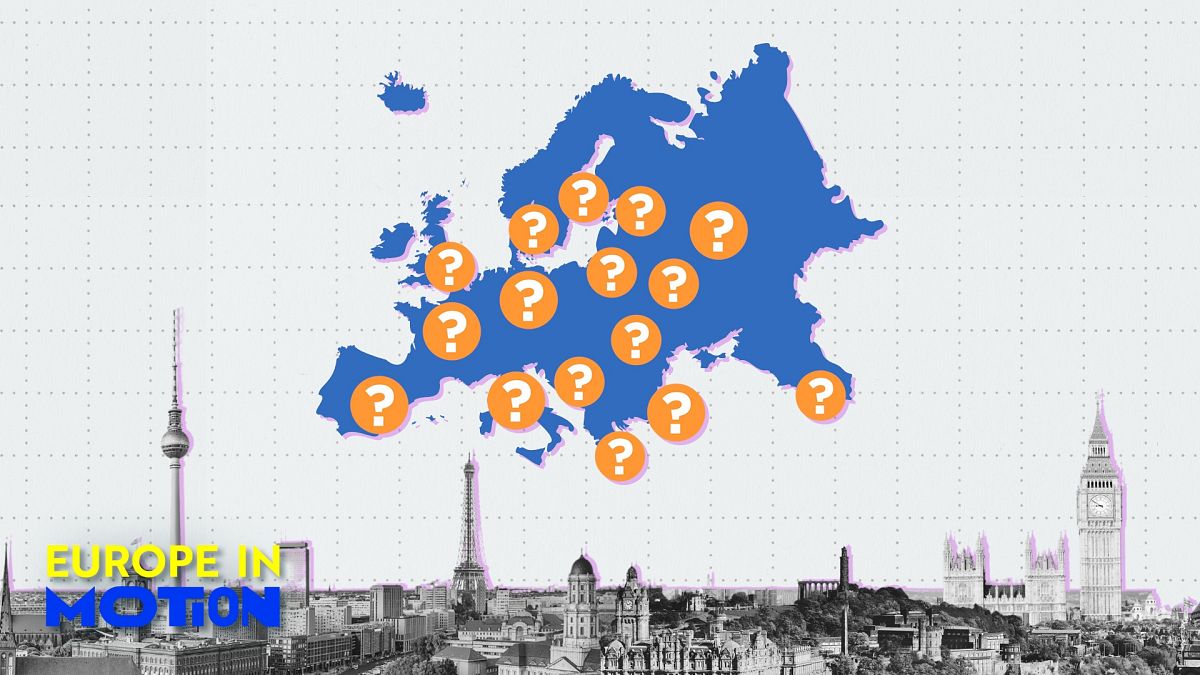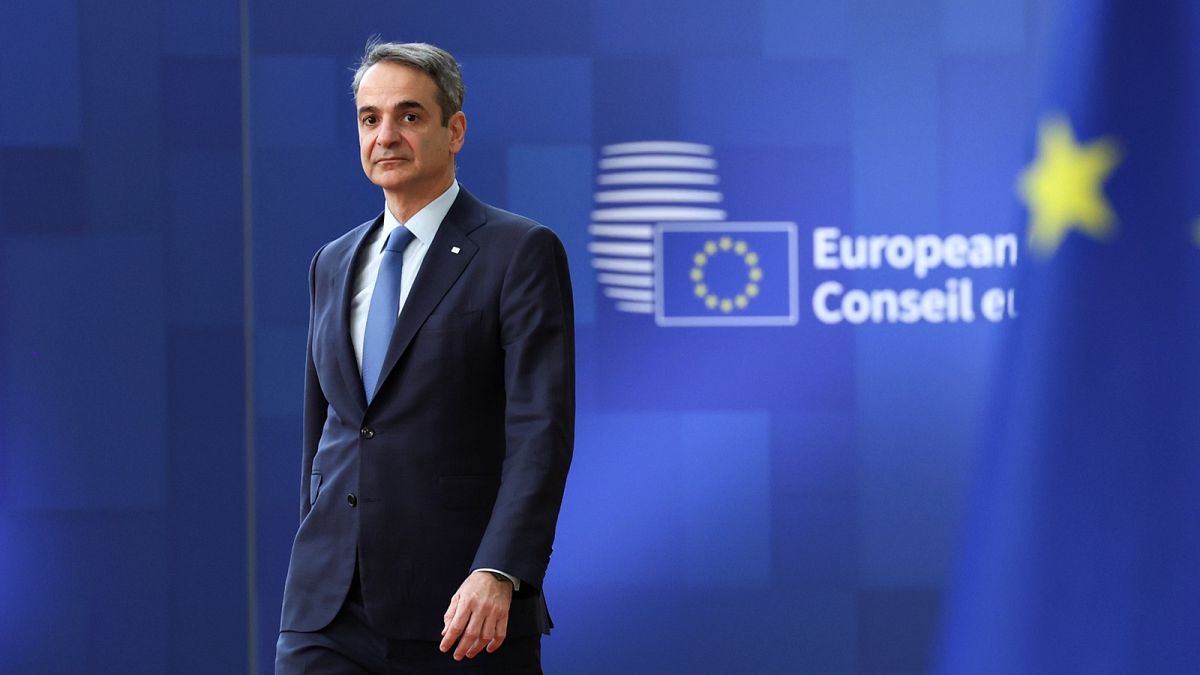Misleading online claims are alleging that dangerous insect-based products have been green-lit for the European market.
Online users are claiming the European Union has allowed dangerous insect-based foods onto the market, after a product containing UV-treated yellow mealworm was green-lit earlier this month.
“Out of ecological madness, they are taking the risk of poisoning an entire continent in order to compete with livestock farming,” stated Florian Philippot, President of the French conspiracist and hard Eurosceptic Les Patriotes party in a video posted on X, which has amassed more than 200,000 views.
The misleading online claims originate from Eurosceptic accounts, European far-right politicians, as well as US right-wing conspiratorial accounts.
Conspiracy theorist and radio show host Alex Jones, who has been found guilty in numerous high-profile cases involving defamation and libel, declared that a “cancer-causing bug protein” is being pushed “into the food supply worldwide” in an X post.
Is there any substance behind these claims?
Last Monday, the European Commission approved the use of up to 4% UV-treated yellow mealworm in products such as bread, cheese and pasta.
This is the fifth type of insect-based food Brussels has authorised since 2021 as part of a broader EU strategy to reduce the environmental impact of the food supply chain.
Insects are widely viewed as an alternative protein source to farmed meat, as the world’s global population continues to rise. For the next five years, only French company Nutri’Earth has permission to market the new UV-treated mealworm powder.
The European Commission defines insect-based foods as “novel foods” — also known as “innovative foods” or ones that have been traditionally eaten outside Europe.
In many African and South American countries, insect consumption is a traditional practice, whereas in Europe, insects are subject to rigorous checks before they can be approved for the market.
This includes an assessment by the European Food Safety Authority (EFSA), an independent scientific body that works alongside the European Commission.
“There is no safety concern, this product can be safely consumed because we have done a comprehensive assessment of its composition, and there was no issue found by our experts here”, Ermolaos Ververis, scientific officer at EFSA, told Euronews.
“When we assess the safety of novel foods, including insect life products, we consider the different microbiological and chemical hazards that could be linked to the novel food”, added Ververis.
Why are insects so political?
Many of the accounts questioning the safety of insect-based foods are politically motivated.
In line with his party’s agenda, Philippot called for “Frexit” — a French exit from the European Union — to gain “food sovereignty”.
Another X user posted, “It’s Ursula the hyena’s Europe all over again … they want to make us die with their insects in our food.”
Other users have accused Europe of betraying farmers and the meat industry. Insects are widely viewed as an alternative to farmed meat. They produce far fewer greenhouse gas emissions than farmed meat and require less water and land than cattle, pigs, and poultry.
“Instead of supporting local farmers, the European Union has decided to replace their products with larvae and worms. And feed them to people,” posted another X user.
On 8 February, far-right Patriots for Europe MEP Petra Steger asked, “First, they said meat is bad – now there’s insect meal for breakfast. What’s next,” in a post shared on X.
Despite scientists’ labelling the products safe to consume, one factor could continue to hinder their popularity among European consumers.
“Food neophobia is the fear of new foods, people can also experience a disgust factor because we have associated insects with something unpleasant,” Ververis told Euronews.














